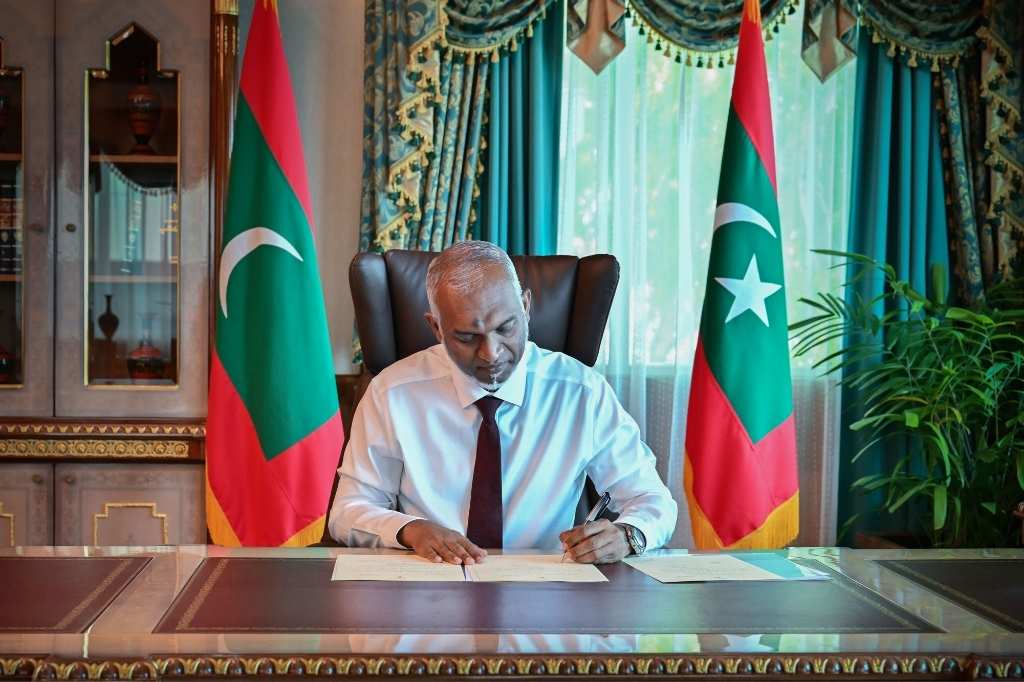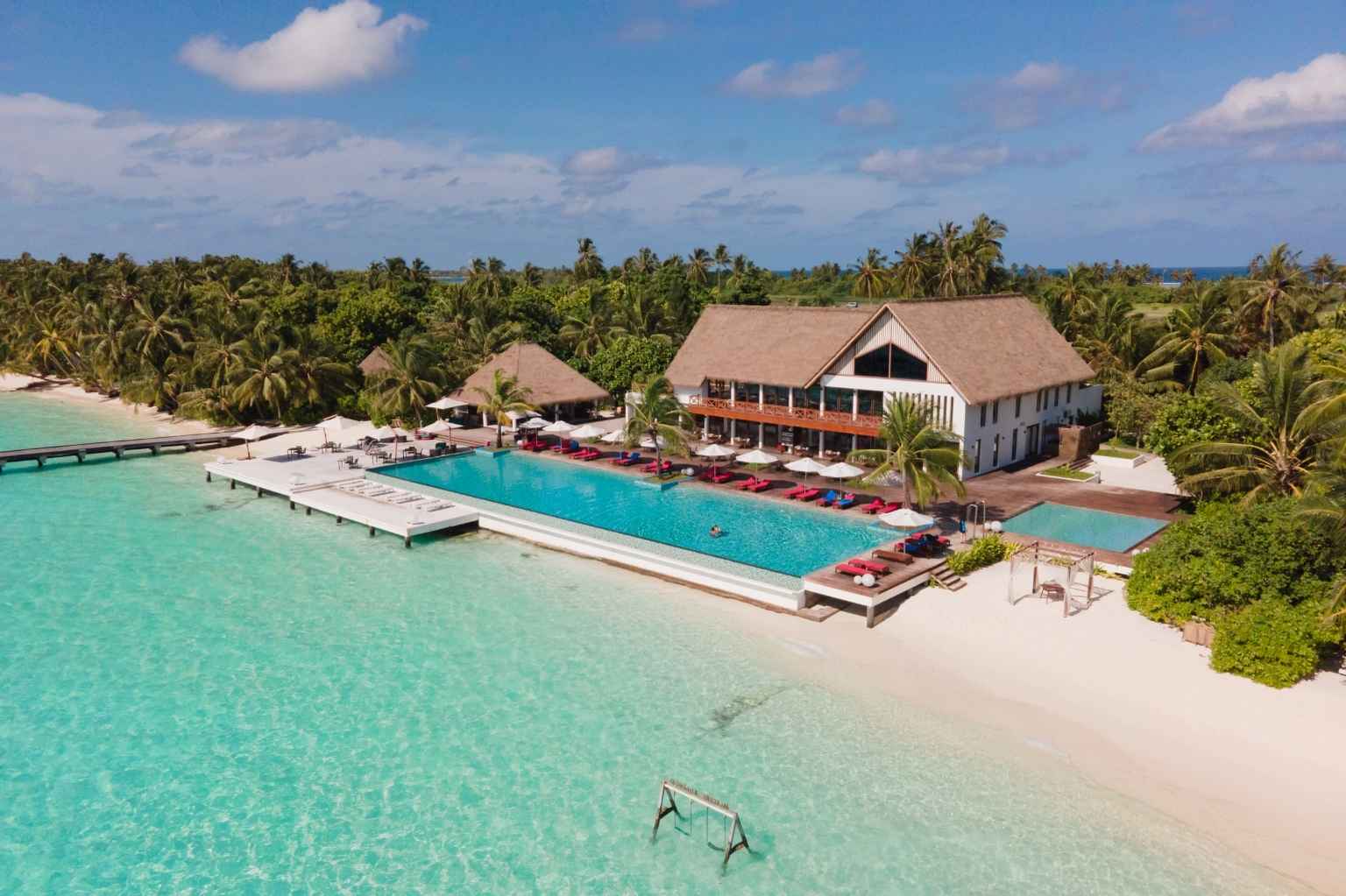In a bold move that reflects growing global outrage over Israel’s actions in Gaza, the Maldives has amended its immigration laws to ban entry to individuals holding Israeli passports. President Dr. Mohamed Muizzu ratified the legislation on April 15, 2025, signaling a significant shift in the island nation’s travel policy and sending a clear message of solidarity with the Palestinian people.
For travelers considering the Maldives as their next destination, here’s what they need to know.
The Ban: What Has Changed?
The amendment to the Maldives Immigration Act now explicitly prohibits entry to anyone who presents an Israeli passport. While dual nationals can still enter using a passport from another country, immigration authorities will deny entry to travelers presenting an Israeli passport—effective immediately.
The Maldivian government pushed this legislative change through after months of political debate and mounting public pressure. The government acted in response to what it describes as Israel’s “ongoing atrocities and acts of genocide” against Palestinians.
The ban comes as the humanitarian crisis in Gaza escalates, with mounting casualties and widespread international condemnation of Israel’s military actions. The Maldives, a Muslim-majority nation, has consistently voiced support for the Palestinian cause on global platforms. Maldives is framing this policy shift as more than symbolic—it serves as a direct, travel-based response that aligns with the country’s ethical and political stance.
The government has also launched a national fundraising campaign titled “Maldivians in Solidarity with Palestine” and plans to appoint a special envoy to assess humanitarian needs in the occupied Palestinian territories.
What It Means for Tourists
The Maldives is globally renowned for its luxurious overwater villas, pristine beaches, and honeymoon escapes. While Israeli travelers made up a small percentage of total arrivals—just 528 visitors in Q1 2024 compared to 4,644 in Q1 2023—the change holds practical implications for Israeli passport holders and travel agencies.
- Israeli citizens can no longer enter the country if they travel using Israeli passports.
- Dual nationals must ensure they use a non-Israeli passport to gain entry.
- The Israeli Foreign Ministry has advised its citizens against visiting the Maldives, warning of limited or no consular support in case of emergencies.
- The tourism impact remains minimal: In 2024, over 1.9 million tourists visited the Maldives, mainly from China, Italy, India, Russia, and the UK. Israeli arrivals accounted for less than 1% of total traffic.
What Travelers Should Do
If you’re planning a trip to the Maldives:
- Check your passport details before booking—Israeli passport holders will not gain entry.
- Dual nationals should confirm entry requirements with Maldivian immigration authorities.
- Stay updated with official travel advisories, especially as regional developments evolve.
The Maldives joins a growing number of countries that are reassessing diplomatic and travel policies in response to the situation in Gaza. By taking this step, the Maldivian government has shown that its moral and political commitments outweigh potential economic considerations.
While paradise remains open to most of the world, the Maldives has drawn a line in the sand—literally and politically.








